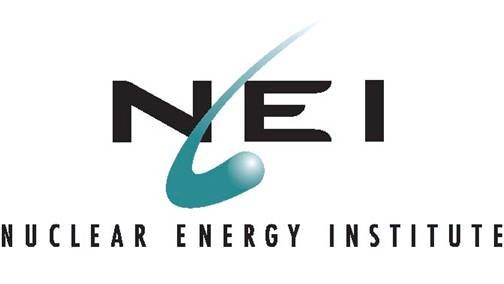Nuclear power in the United States is in trouble. The U.S. currently has ninety nine operational nuclear power plants that supply about twenty percent of the electricity in the U.S. Many of the plants are approaching or have passed their original licensed life-span of forty years. Five plants have closed in the last four years. Six more plants are scheduled to close in the next five years. Some of these plants were or are closing prematurely before their licenses expire because they cannot compete.
Part of the reason for premature closures is the availability of cheap natural gas made possible by fracking which releases natural gas from shale formations. New efficient natural gas plants are cheaper than new nuclear reactors. The federal wholesale energy market promotes the cheapest sources of electricity such as natural gas plants and demotes more expensive sources such as nuclear plants.
Exelon is the biggest electrical utility company in the U.S. Text on the Exelon website says "The future of America's 99 nuclear reactors is uncertain. In the next two decades, key economic and policy challenges threaten to close about half of America's reactors. As America's largest nuclear fleet operator, we're working hard to reverse this trend. In total, Exelon currently employs more than 12,000 workers across its nuclear fleet, and the fate of its 14 nuclear reactors is uncertain.”
The Nuclear Energy Institute is the lead trade association for the nuclear power industry. They argue that supporting nuclear power production is a matter of national security and not just economics. The NEI is frustrated by what it perceives as a lack of timely response to the problems of the industry on the part of the federal government.
An NEI spokesman said "The market-driven challenges confronting the U.S. nuclear industry do imperil numerous plants with premature retirement, and losing more plants means that our long-standing global leadership with the technology we founded is at risk. This has fundamental national security implications. We cannot credibly claim global leadership while our domestic fleet shrinks."
The NEI did not have much success arousing the concern of the federal government under President Obama. They are now working on getting the new Trump administration to support nuclear power more aggressively. While Commerce Secretary Wilber Ross and Energy Secretary Rick Perry have both said that nuclear power is critical to national security, the NEI does not expect much because the national government has always been slow to change energy policy. The NEI hopes that individual states will provide short-term solution to nuclear energy issues.
Both Illinois and New York have recently decided to provide subsidies for their nuclear power plants to prevent their closure. However, natural gas plant owners have filed lawsuits against such subsidies as being unfair to other sources of energy. Exelon and other nuclear power plant operators are appealing to the Federal Energy Regulatory Agency on the grounds that reduced carbon emissions from nuclear power plants aid in the fight against climate change.
There are also issues with the cost of prematurely decommissioning nuclear power plant that might cause problems for state budgets. The U.S. has no permanent repository for spent nuclear fuel and decommissioning a nuclear power plant would mean emptying the spent fuel pool and finding someplace to put the spent fuel. If the spent fuel is allowed to remain at the shutter plant, it could pose a serious security threat to the surrounding region.
Whether nuclear power plants continue to operate or are prematurely closed, the cost of building, operating or decommissioning a nuclear power will keep rising. It would be best for the U.S. and the rest of the world to stop building nuclear power plants and to close the operating nuclear power plants.
